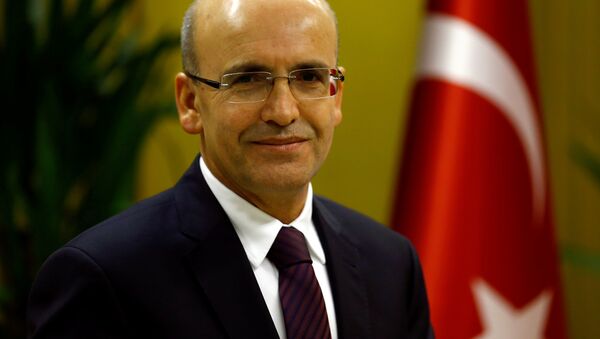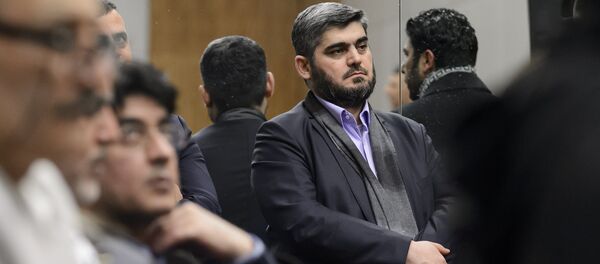"A broader settlement would require a broader participation," Simsek said, asked whether Astana format would replace or change the Geneva format of the talks.
"But of course the beginning can be done by the players who have leverage on the ground to ensure success," he added.
"We are hopeful that the current level in violence will be converted into a more permanent ceasefire, and then hopefully there will be the beginning of a lasting settlement," Simsek said, commenting on his expectations from Astana talks.
The Syrian government and opposition factions are expected to meet in Astana, Kazakhstan on Monday, January 23 for talks brokered by Russia, Turkey and Iran. The Astana talks will be followed by a UN-mediated meeting in Geneva on February 8.
On Thursday, the United Nations said in a statement that Secretary-General Antonio Guterres had asked de Mistura to head the UN delegation to the Astana talks on the Syrian crisis. On the same day, Russian Deputy Foreign Minister Mikhail Bogdanov said that the representatives of 14 groups of Syrian armed opposition, which signed the ceasefire agreement on December 29, would be invited to take part in the talks.
On Tuesday, Syria's Permanent Representative to the United Nations Bashar Jaafari confirmed in an interview with Sputnik that he would lead the Syrian government’s delegation at the upcoming talks.
Never miss a story again — sign up to our Telegram channel and we'll keep you up to speed!



